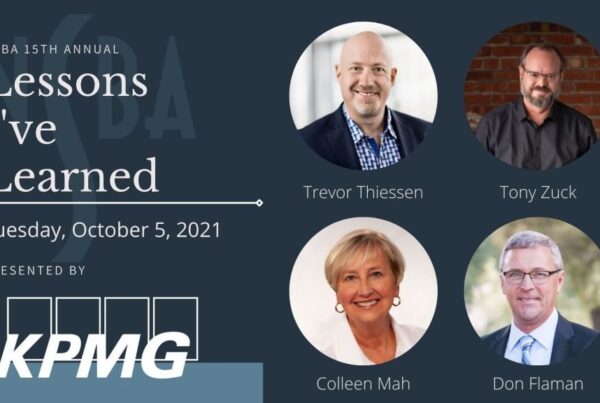This post originally appeared on Burt M. Polson’s Real Estate Journal and is republished with permission. Find out how to syndicate your content with theBrokerList.
Photo by Karsten Winegeart on Unsplash
I found four relevant articles worthy of sharing with you, my readers. Below is my summary of the 1031 like-kind exchanges potentially being capped; recovery of the office, retail, and hospitality sectors; Realtors® adoption of technology; and foreign investment in U.S. real estate.
1031 like-kind exchanges in jeopardy
The tax-deferred exchange has been allowing commercial real estate investors to defer taxes on a gain in the value of the real estate when sold for over a century.
In eliminating potential “loopholes” in the tax code to raise more taxes, the 1031 tax-deferred exchange is often considered. In President Biden’s $1.8 trillion American Family Plan, he proposes limiting the gain to defer to $500,000.
The tax-deferred exchange is a cornerstone of commercial real estate transactions. Almost one-fourth of all transactions utilize the exchange. Limiting the amount essentially hinders the redevelopment of commercial real estate when we need to maintain growth for all businesses.
A property owner will reassess selling their property, which will result in lost opportunities for revitalization of specific areas and the potential for new businesses to open, which creates jobs. The velocity of money slows down and has the opposite effect in maintaining the growth of our economy.
Recovery of the retail, office and hospitality sectors may take two more years
According to a report from commercial real estate firm CBRE, it will be at least another 24 months for the retail, office, and hospitality sectors to hit pre-pandemic levels.
There is a concern about high inflation and the potential impacts of COVID-19 variants. Still, CBRE is predicting pent-up demand, stimulus money, and continued reopening plans will push growth globally of commercial real estate.
We may continue to see a rise in office vacancy rates for the remainder of 2021. Still, with more of the workforce returning to a physical office, the rates will start to decline next year. The retail sector will be spotty, with online sales continuing to drive consumers and push the industrial space asset class to continued expansion.
Realtors® are all over drones, cybersecurity, and esignatures
A recent technology survey from NAR (National Association of Realtors®) found that drones, cybersecurity, 5G, and virtual reality will significantly impact their business, buyers, and sellers.
Technology will continue to transform real estate, with more than 57% of brokerages utilizing some form. It was found that 90% of the agents surveyed used social media to build and maintain relationships with their clients.
Esignatures were found to be the most valuable tool used by most agents surveyed. The pandemic accelerated the adoption of many technologies that are now commonplace and accepted as the standard.
U.S. real estate investment is still the goto for international investors
The Association of Foreign Investors in Real Estate (AFIRE) surveyed international investors and found that many intend to increase their investment volume in the U.S. this year. It was found that most capital coming into the U.S. will be from the Asia-Pacific region.
When investors consider opportunities worldwide and find they may have to consider, lower returns for roughly the same risk, the core markets of the U.S. are more attractive. The core assets in markets such as New York or San Francisco have always attracted international investors. Still, many are now being drawn to markets once overlooked.
In weighing return vs. risk, areas like Dallas-Forth Worth, Phoenix, Florida, and Georgia are beginning to attract investors. Additionally, many are moving their allocations from retail and hospitality to the multi-family, industrial, and retail sectors.
Burt M. Polson is the CEO of ACRESinfo.com, a commercial real estate brokerage company, and CEO of StoneMarkerInvestments.com, a private equity real estate fund. Call him at (707) 254-8000 or email [email protected] and [email protected]



